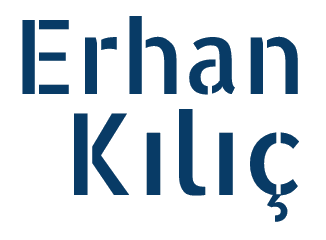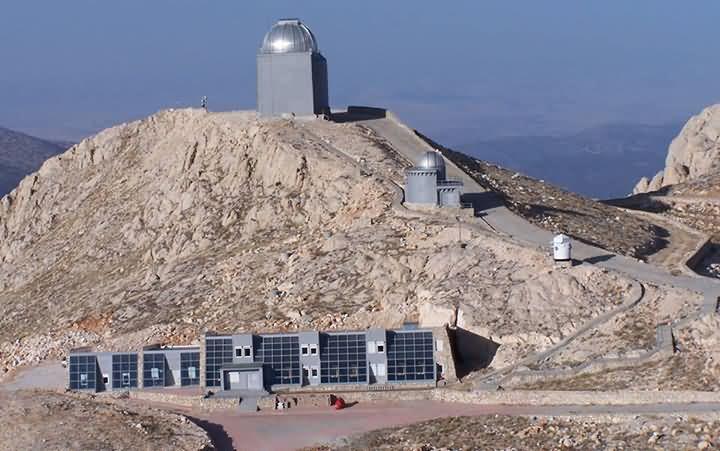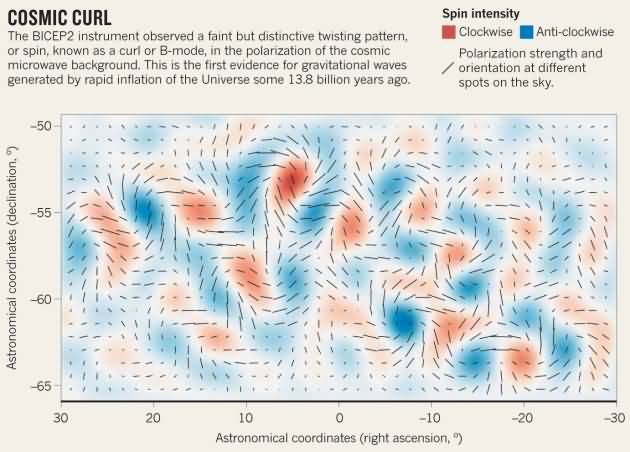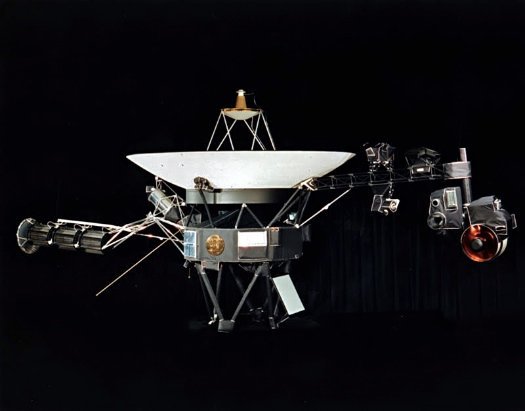The Benefits of Astronomy to Humanity
I couldn't help but share this article by Prof. Dr. Ethem Derman, whom I follow with great enthusiasm. He eloquently expressed what I've been thinking. Thank you.
I read an article on this topic today and wanted to share some of it with you. The famous Keck Telescope, built in the US with significant contributions from a wealthy individual, costs $30.8 million annually, meaning it spends $53.7,000 overnight. The James Webb Telescope, built to replace the Hubble Telescope, will reportedly cost $8.8 billion when launched into space. What benefit does astronomy, which spends so much money on, bring to humanity?
This question has recently become a frequent topic in European countries, with countries like the UK and Spain shutting down many of their telescopes and cutting budgets. European astronomers, affected by this situation, have begun to explain how astronomy benefits humanity and are publishing various articles on the subject.
I won't go into detail about these benefits, but I'd prefer to highlight a few. For example, many image processing software used in healthcare, the gas chromatograph that checks luggage for explosives at airports, the first Kodak films, and CCD technology, used not only in smartphones but also in various cameras today, all came into use thanks to astronomy.
They say that its greatest benefit is that it is the most important branch of science, seeking answers to humanity's biggest questions—questions that all humans are curious about: is there life beyond us in the universe? How did the universe come into being? Where did we come from? For these reasons, Stephen Hawking's A Brief History of Time has sold 10 million copies, and Carl Sagan's Cosmos series has been shown in 60 countries.
Commenters on the article I read also made some interesting observations. NASA's annual budget is equivalent to just 10 days of the defense budget and 11 days of the Social Security Administration. They even go so far as to say it's equivalent to the cost of air-conditioned tents used by US troops in Afghanistan and Iraq. One reader, however, remarked that, forget about its benefits to humanity, we need astronomy; it's important in its own right.
We were proud when the TÜBİTAK National Observatory (TUG) opened in 1997, because it was the largest project TÜBİTAK had ever spent money on—around $5 million, as far as I remember. For the next 10 years, the focus was solely on maintaining the telescopes and observing them. Later, a State Planning Organization (DPT) project recruited young engineers, who then received training at advanced institutions and returned to their countries.
With these engineers, TUG was now poised to make technological breakthroughs. However, now that the project is nearing completion, their salaries will be cut and they will leave TUG, as they have no permanent positions and were receiving salaries from the project. I wonder how much of our defense budget this scientific institution has? What is the total salary of these eight engineers, as I recall, and what will their future contributions to the country be?
The Eastern Anatolian Observatory (DAĞ) project is a State Planning Organization (DPT) project, with a budget of approximately 50 million Turkish Lira. Some people, hearing this amount, wonder if such a large sum of money can be invested in science. Based on the figures I've provided above, the maintenance fee for the Keck telescope for 200 days is no more. DAĞ's budget should be 10 to 100 times that amount.
My young friends have been striving for a long time to join ESO (European Southern Observatories), the European Union's astronomical organization. This would allow them to use ESO's telescopes and take advantage of the institution's various opportunities. Türkiye would have to pay a fee for this, I believe around €50 million per year. This amount seemed excessive, and ultimately, we couldn't become members of either ESA or ESO.
These amounts seem large when compared to our own salaries or earnings, but they are not that significant in the state budget. Turkey, which has recently implemented dozens of projects, is talking about nothing less than a billion dollars. We must understand that a country cannot thrive without science and the arts. It is wrong to question the amount of money invested in science.
Prof. Dr. Ethem DERMAN










